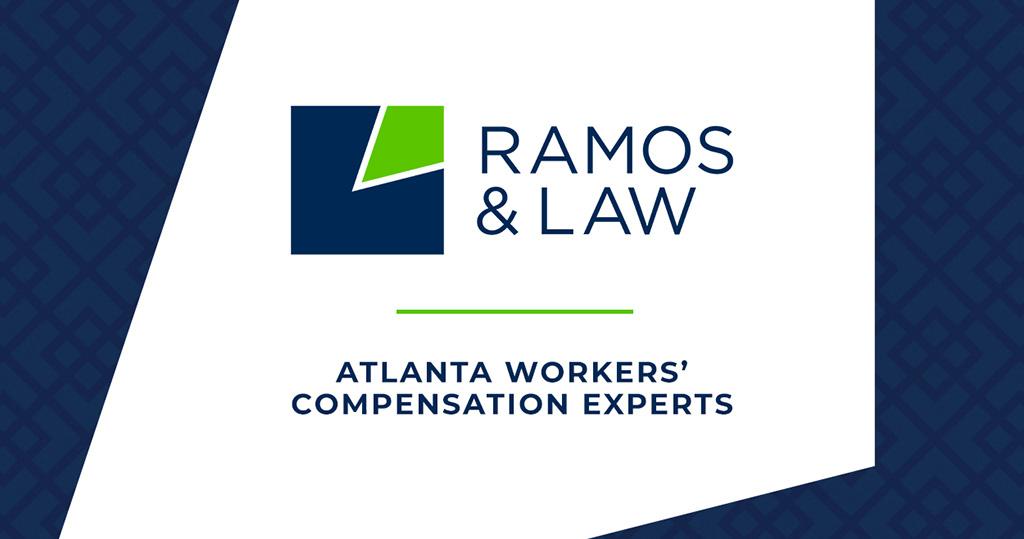
Much attention has been brought to the dangers of drinking and driving. Less is talked about regarding drinking on-the-job, which can be equally dangerous. Not only is an intoxicated worker putting himself and others at-risk, but there is also a good chance a workers’ compensation claim will be denied to that worker should he be injured. (O.C.G.A §34-9-17(b)) However, there are many gray areas surrounding drug and alcohol screens used to determine intoxication on-the-job. An experienced attorney can ensure workers’ rights in the case of an “intoxication defense.”
Although an occupational injury may have arisen out of and through the course of employment, the law and public policy will take the position that the claimant was engaged in “willful misconduct” if it is shown the worker was engaging in recreational drugs or drinking alcohol while on-the-job. This will likely result in the Employer/Insurer’s refusal to pay for any medical treatment or income benefits. Simply refusing the drug screen generally will not help the injured worker as the law will presume the screen would have been positive.
After any workplace accident, workers are generally requested to undergo drug and alcohol tests. If the test is completed within a specified period of time and shows intoxicant levels above certain thresholds, the employer and insurer can use this evidence against the worker.
Specifically:
- alcohol screens must be administered within three (3) hours of the industrial accident. Consequently, the chemical analysis of the claimant’s blood, urine, breath or other bodily substance must be no more than .08 grams.
- “drug screens” must be administered within eight (8) hours of occupational injury. If “any amount of marijuana or a controlled substance” is detected, then the Employer/Insurer will likely contest the benefits.
Should the “intoxication defense” be used to trigger a “controvert” or denial of workers’ compensation benefits, the law provides that it is not an absolute bar. Rather, the law provides for a “rebuttable presumption” to be placed upon the injured worker. In essence, this is a legal assumption based on the evidence that can lead to a denial of benefits. An experienced attorney can fight to overcome this “rebuttable presumption” by exploring the injured worker’s use of prescription medicines that are lawfully prescribed and properly used by the claimant.
At Ramos & Law, we specialize in developing individualized strategies for each case, including cases involving “rebuttable presumption.”
If you have been injured on the job and are in jeopardy of losing benefits, call Ramos & Law for an analysis of your rights. We practice 100% Georgia workers’ compensation law and carry the highest credentials in the industry as measured by Martindale Hubble and Super Lawyers.
